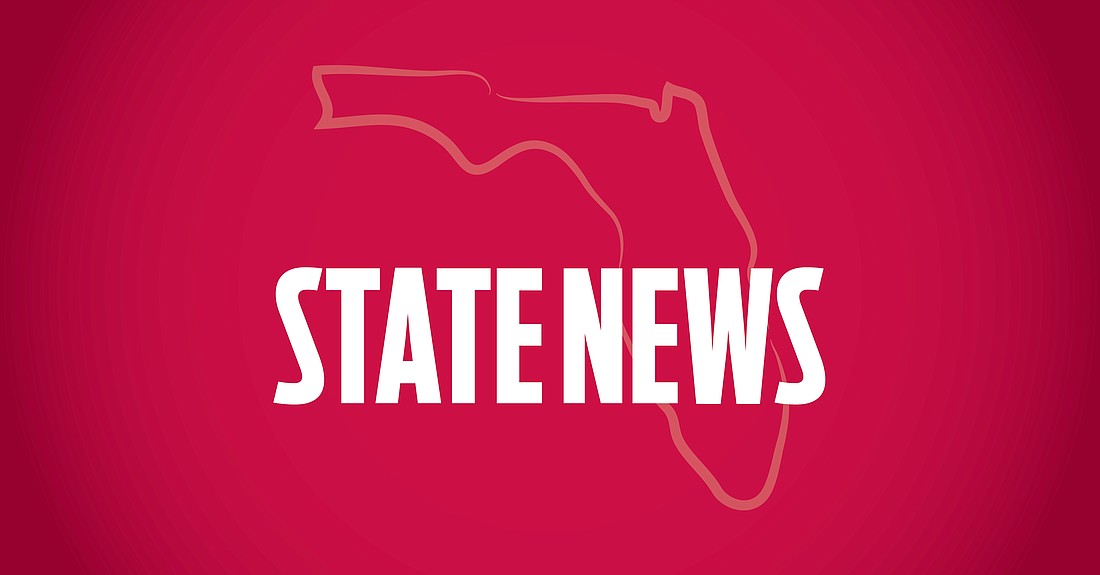- December 15, 2025

TALLAHASSEE — The Florida Supreme Court on Thursday sided with Allstate Insurance Co. in an attempt to fend off a potential class-action lawsuit about limiting payments for care after people are injured in auto accidents.
The court’s 23-page ruling came amid numerous legal battles in recent years between insurers and health-care providers about payments under the state’s personal-injury protection, or PIP, auto-insurance system.
Revival Chiropractic, LLC, filed the potential class-action lawsuit alleging that Allstate short-changed it on payments for treating two Allstate policyholders. A federal district judge agreed with Revival, leading Allstate to appeal to the 11th U.S. Circuit Court of Appeals.
But the Atlanta-based appeals court in 2022 took a step known as “certifying” a question to the Florida Supreme Court about how state insurance law should be interpreted. A panel of the appeals court said at the time that the “upshot is that there are presently scores of lawsuits pending in the Florida state courts on this question, and they have led to different results.”
The PIP system provides up to $10,000 in health coverage for people injured in accidents. As part of that, it includes a payment schedule for different types of treatment. It also allows insurers to limit their reimbursements to health-care providers to 80 percent of the maximum amounts in the payment schedule.
Thursday’s ruling by the Supreme Court centered on how much Allstate should have paid when Revival did not charge the maximum amounts under the schedule for providing treatment to Natalie Rivera and Jazmine Padin. More specifically, the dispute involved whether Allstate should be able to limit reimbursements to 80 percent of the lower-than-maximum amounts.
As an example, Revival submitted a charge of $100 to Allstate for providing a type of treatment that carried a maximum charge of $149.92 under the PIP payment schedule, according to the Supreme Court ruling. If the maximum had been charged, Allstate could have been required to pay $119.94, or 80 percent.
After Revival submitted the $100 charge, Allstate said it would pay $80, or 80 percent of that amount.
Revival argued that Allstate violated state law by paying only 80 percent of the lower-than-maximum amounts billed. In a brief filed at the Supreme Court, Revival’s attorneys pointed to other cases and wrote that the “the plain language of the PIP statute is clear and unambiguous and confirms that an insurer like Allstate who elects to rely on and who calculates reimbursement pursuant to the schedule cannot further reduce the reimbursement charges that are less than the schedule.”
But the Supreme Court, in Thursday’s 6-0 decision, disagreed. It pointed to part of the PIP law that requires insurers to pay 80 percent “of all reasonable expenses for medically necessary” services.
“Allstate correctly characterizes this 80% of reasonable expenses requirement as the ‘overarching mandate’ of the PIP statute,” the opinion said. “Nothing in the PIP statute can be properly understood in isolation from this foundational provision. And the provision cuts strongly against Revival’s argument that Allstate was required to pay 100% of the amount of charges submitted.”
The opinion was shared by Chief Justice Carlos Muniz and Justices Charles Canady, Jorge Labarga, John Couriel, Jamie Grosshans and Renatha Francis. Justice Meredith Sasso, who joined the court in 2023, did not take part.
The opinion sent the issue back to the federal appeals court, which will be able to make a final decision. The Supreme Court did not include details about the accidents involving Rivera and Padin.